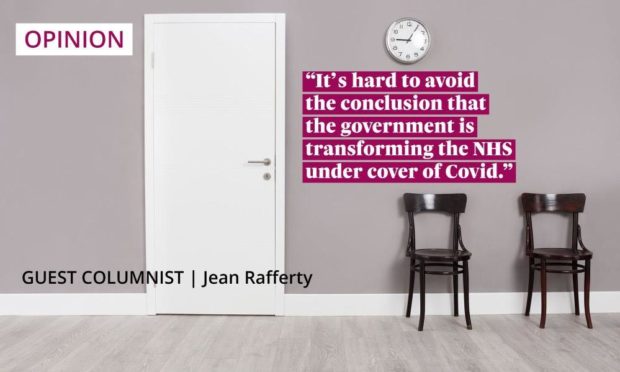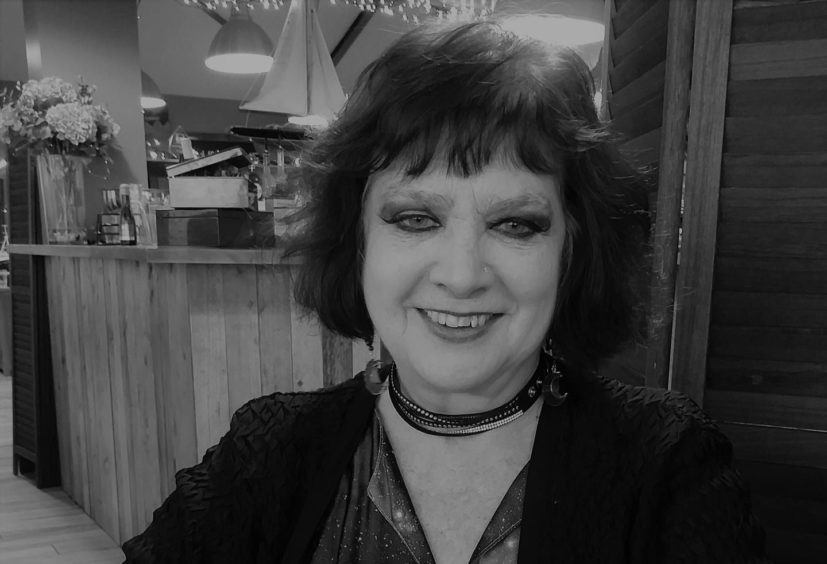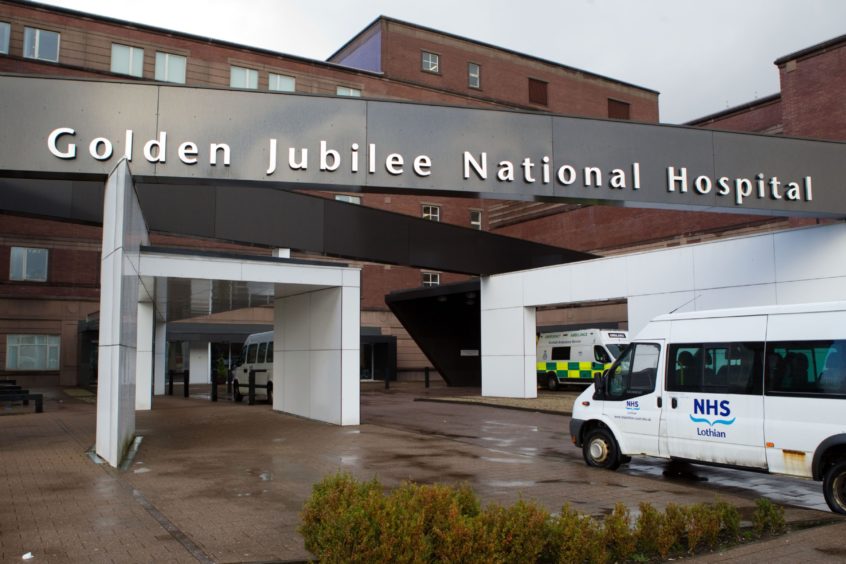At 8pm on March 26 last year, my sister Mary poked her head out the door, curious to know how many in our area would be clapping the NHS as per the Prime Minister’s instructions.
Our neighbour had also poked her head out so the two of them felt obliged to stand clapping together, in surreal and uneasy unison.
Boris Johnson, whose party had systematically run down the health service over the previous decade, clearly figured it was easier to clap than actually fund it.
It was not the last time performance would take the place of actual delivery during this pandemic.
Mary developed a virus shortly after, one which has had continuing repercussions.
To this day we don’t know whether it was Covid as she was never tested, despite having swollen glands, sore throat and, most trying of all (and a symptom of long Covid) – dry mouth.
First she was told it was oral thrush and given a gel.
Then she was told over the phone that she was sleeping with her mouth open, though how that conclusion was reached is anyone’s guess.
Since then she’s been to our health centre multiple times but not once had an appointment with her GP, only with the practice nurse.
As the Scottish Government’s £1 billion NHS Recovery Plan is published it appears she’s far from alone.
Face-to-face consultations will be restored “as quickly and safely as possible”, we are assured.
Even if it does mean finding another 800 GPs to help carry them out.
Which begs the question – where have the GPs been hiding? And why?
An ailing NHS and out of reach GPs
Are we to infer that they’re more susceptible to coronavirus than the nurses and receptionists who’ve been in constant contact with the public during this pandemic?
Or than the hospital staff who’ve been working their socks off throughout?
We’re prone to idolise our health service. The UK was, after all, the first country in the world to provide free and equal healthcare to all its citizens.
But over the years its excellence has been eroded by political, not clinical, decisions.
My brother would not be alive today were he still living here.
At the age of 47 he discovered he had prostate cancer, not because he had any symptoms but through a routine health check.
Do you know we have our COMPASS support service running in partnership with @maggieshlands and@maggiesedinburg? You can speak to a Cancer Support Specialist on the phone, in person, or on a video call.#prostatecancer #COMPASShttps://t.co/MxevwQO20k pic.twitter.com/Ma4CeQHCPB
— Prostate Scotland (@prostatescot) August 8, 2021
It would have been considerably more advanced by the time they’d have discovered it here.
In France he’s been able to see his doctor face to face for routine appointments throughout the pandemic.
But in Britain, politicians, on both side of the border, kick the health service about like their personal football.
In the 1970s, Edward Heath’s government brought in extra tiers of management, with the result that today the structures are top heavy and preoccupied by issues other than the care of patients, or staff.
In NHS Tayside complaints of bullying doubled in a year.
Profit over pain when GPs are businesses
I have particular cause to be grateful to the NHS.
In 2015, after years of disability and pain from arthritis, I had two hip replacement operations in rapid succession.
My surgeon, Jon Clarke, clinical director of orthopaedics at the Golden Jubilee Hospital, is a god in my household. He transformed my life.
My then GP is not.
She opposed my having the second operation at the Jubilee because “it’s not in my health area and there’d be a cost to the practice”.
Mr Clarke had put me straight on his list for the second op and he fought to do it. For this, I will always thank him.
His treatment was not just superb physically, he was kindness itself, checking up even though his job was done.
He said the arthritis should never have been allowed to progress so far. Bone was grinding on bone by the time he intervened.
That week he was speaking at a conference and showed my X-rays to the delegates as an example of what not to do.
My doctor was cheery and personable but I believe she put the practice’s profit before her patient.
I don’t believe this would have happened in the days before GP practices became financially accountable small businesses.
And I feel for the many people who will be left as I was, in pain and struggling even to walk.
NHS changing under cover of Covid
During the pandemic, the number of people on waiting lists has risen by 900,000 to 5.3 million by some accounts.
Before it started 1,600 people had waited for treatment for over a year. Now I’ve seen figures suggesting there could be as many as 340,000.
It’s hard to avoid the conclusion that the government is transforming the NHS under cover of Covid.
The @scotgov NHS Recovery Plan has to be a recovery plan full stop, not just one from Covid, and one which acknowledges the years of understaffing and under resourcing that are the backdrop to where we are now.
Read our full response 👇https://t.co/Q31X66soKF— BMA Scotland (@BMAScotland) August 25, 2021
As early as June of last year cancer referrals were down by 60%. It’s not just because people were hesitant about troubling their GPs. In some cases they couldn’t even get to see them.
Doctor patient relationships have been replaced by remote “consultation”, or worse, as my sister found.
Protect the NHS was the government mantra during the first lockdown.
Now,we have one of the world’s highest Covid death rates, and are looking at huge excess deaths from untreated cancer and heart disease still to come.
Wasn’t the NHS meant to protect us?
Jean Rafferty is an award winning journalist, and the author of five books, including Ladies of the Court and The Cruel Game.


